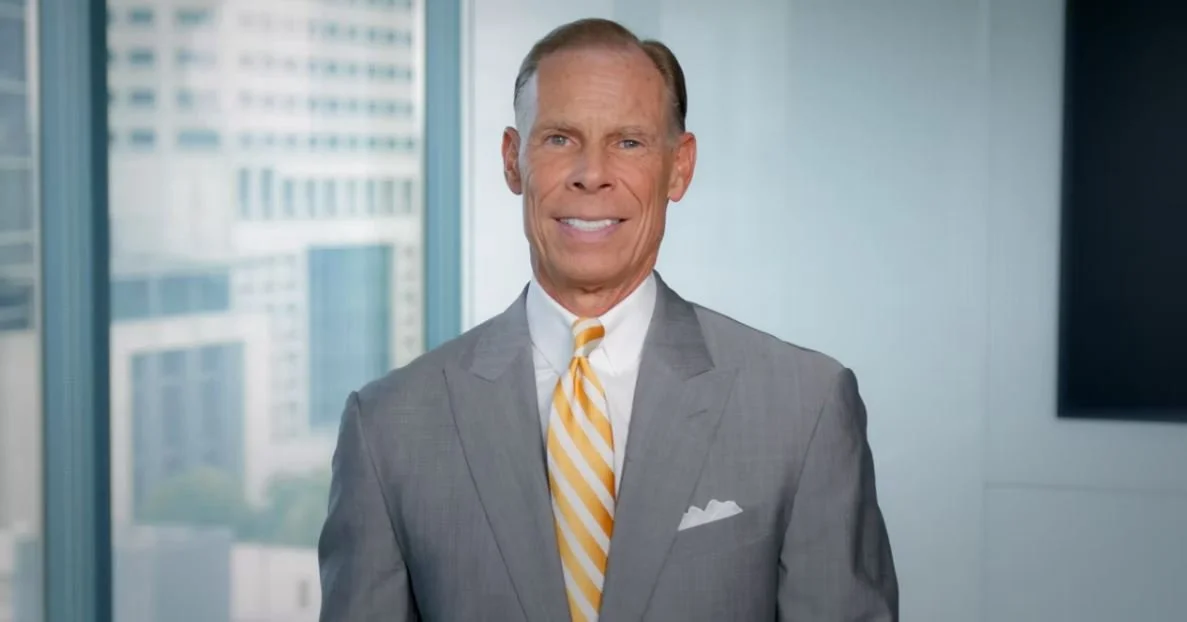Jason Norris, CFA, was interviewed on Boise Public Radio about the Idaho economy and recent market activity.
Party Like It's 1994
Earlier this week, the Federal Reserve raised its benchmark interest rate to 1.75%, an increase of 0.75% from the previous rate. This increase, the largest since 1994, was considered a possibility, albeit one the market hadn’t fully discounted.
Too Hot to Handle
Markets sold off this week, and dramatically on Friday, as new inflation data showed price increases reaccelerated in May. This morning, the Bureau of Labor Statistics reported that the Consumer Price Index (CPI), which is the most well-known measure of inflation, increased 1.0% in the month of May and increased 8.6% compared to the year-ago period. This number marks a new 41-year high for inflation.
Seasons of Change
For many, 2020 has been a year to forget. Headlined by the COVID-19 pandemic and the ensuing global response, stimulus from central banks and governments has helped limit the damage, as the U.S. economy has now experienced its shortest and steepest recession ever.
Norris Interviewed on Boise State Public Radio
Jason Norris, CFA, recently spoke with Gemma Gaudette, Daily Show Host for Boise State Public Radio’s “Idaho Matters” news program.
High Anxiety
Staying in touch with clients is critical during such extreme market volatility. Admittedly these are highly stressful and uncertain times for everyone. It is paramount that we stay safe, remain calm and strive to make decisions that are aligned with our long-term goals … not current headlines.
Cole and Lago Quoted in Portland Tribune
Back to the Basics
With stocks, only two things matter: earnings and what investors are willing to pay for a dollar of earnings.
Investment Outlook Video Q1 2020: Age Is Just a Number
George Hosfield, CFA, chief investment officer for Ferguson Wellman and West Bearing Investments, shares the firm’s outlook for 2020.
Long Live the U.S. Consumer
This morning the Bureau of Economic Analysis released the second quarter GDP estimate and, while growth was down 3.1 percent from the first quarter, it was still a healthy 2.1 percent with consumer and government spending that was strong.
March Madness
This weekend, millions of college basketball fans will start filling out their NCAA tournament brackets. The period during this “distraction” can be economically meaningful to corporate America: it is estimated that, due to lost productivity, companies will lose a combined $6.3 billion.
Leave the Past Behind
Stocks put in a bottom on Christmas Eve of 2018 and have since rallied close to 10 percent. While December of last year was the worst since 1931, we believe that the worst is behind us.
Market Seesaw
With a week subdued by a day of mourning, traders hoped market volatility would follow suit: it did not. In less than three trading sessions the S&P 500 traded down five percent, the Dow Jones Industrial Average lost more than 1,400 points and small cap stocks lost 6 percent.
Slowing, Not Shrinking
As the U.S. expansion draws closer to becoming the longest on record, a number of economic and political risks have emerged or intensified in recent months, leading to global equity market weakness.
Glass-Half-Empty Earnings Season
On Wednesday this week the S&P 500 plunged by 3 percent on cumulative fears of slowing economic and earnings growth as well as concerns of a slowdown in China and the Federal Reserve being too aggressive in increasing short-term interest rates.
The Fear of an Inverted Yield Curve
Winning in Later Innings
In recent weeks, investors and economists alike have been questioning the sustainability of the current backdrop of strong global growth and are considering the longevity of the current expansion. No doubt, economic data out of Europe has been weak and some U.S. data has moderated from very strong levels.
Fed Chair Powell - Yellen 2.0
For the week the equity markets were lower by more than three percent as investors reacted to the news that President Trump intends to impose a 25 percent tariff on steel imports and a 10 percent tariff on aluminum imports fueling fear of protectionist economic policy.























